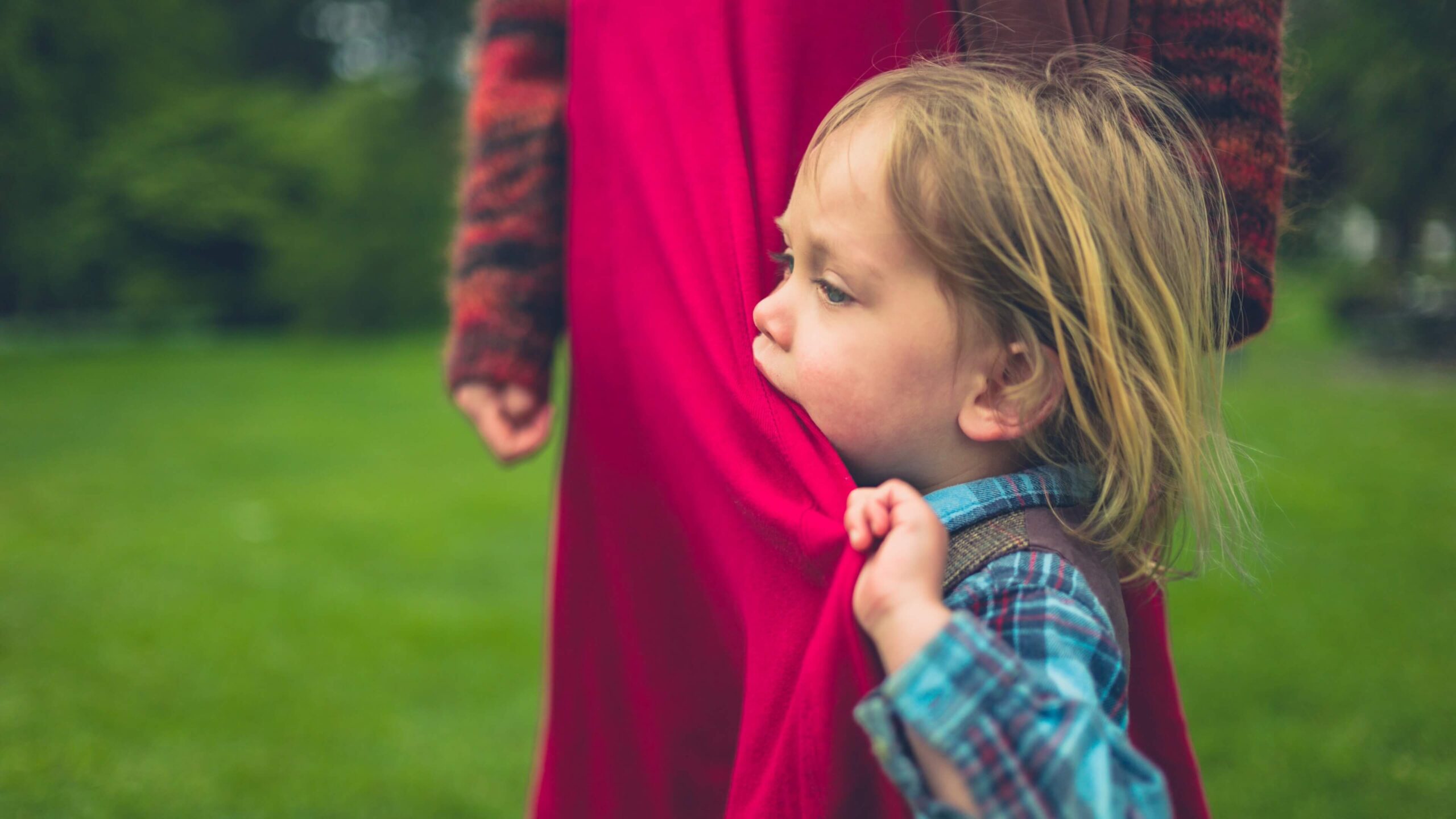Antisocial behavior in toddlers is something many parents worry about. If your little one avoids social interactions, refuses to play with other children, or even becomes aggressive, you might feel frustrated or even a little helpless. But don’t worry—this is more common than you think, and there are plenty of ways to help your child navigate social situations and gain confidence in their interactions.
What Causes Antisocial Behavior in Toddlers?
There isn’t a single cause of antisocial behavior in toddlers. Several factors contribute to a child’s reluctance to socialize, including:
- Limited Social Exposure: Some toddlers don’t get many chances to engage with other children, which can make social settings feel overwhelming.
- Personality Differences: Some kids are just naturally more introverted and prefer solitude.
- Parental Influence: Toddlers often mirror their caregivers. If parents are socially anxious, kids might pick up on that.
- Developmental Delays or Disorders: Speech delays, autism spectrum disorders, or sensory processing issues can make socializing more difficult.
- Negative Experiences: If a child has had a scary or uncomfortable experience in a social setting—like being pushed at daycare or yelled at by another child—they might become hesitant.
- Big Life Changes: Moving to a new house, getting a new sibling, or starting preschool can shake up a child’s world and make them withdraw.
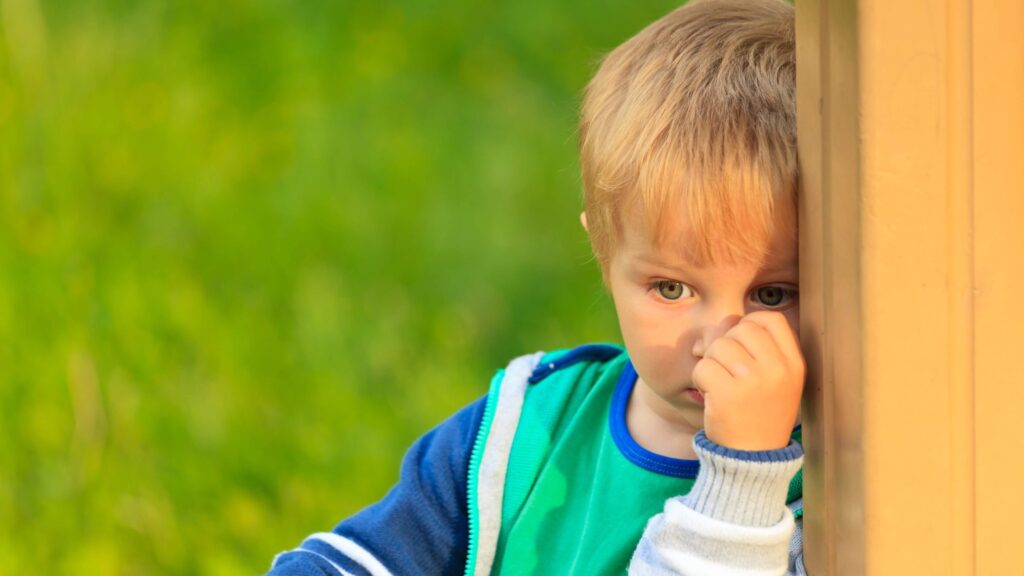
Recognizing Signs of Antisocial Behavior
Every child is different, but some common signs of antisocial behavior in toddlers include:
- Avoiding eye contact or ignoring people
- Refusing to play with other children
- Throwing tantrums when encouraged to interact socially
- Preferring to play alone even in group settings
- Showing aggression toward others
- Struggling to understand emotions in others
If these behaviors persist over time, it’s important to take proactive steps to help your child become more comfortable in social settings.
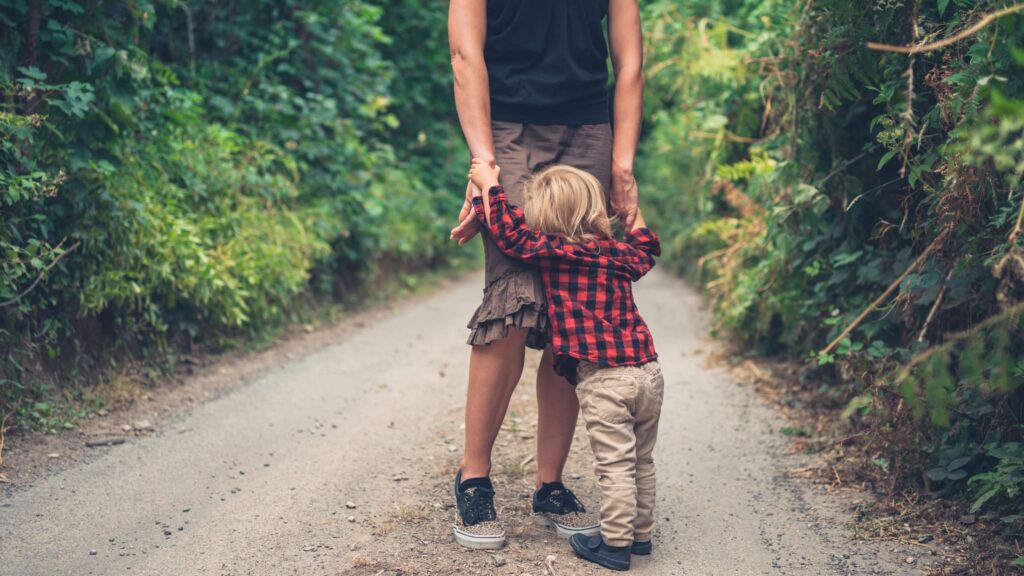
How to Help Your Toddler Overcome Antisocial Behavior
1. Start Small with Playdates
If your child struggles in social situations, huge groups can be overwhelming. Instead, start with a one-on-one playdate with a child they already feel comfortable with. Keep the session short and positive, and slowly increase interaction time as your toddler becomes more comfortable.
2. Model Positive Social Behavior
Your child learns by watching you. Greet neighbors warmly, chat with the cashier, and demonstrate kind interactions with friends. If your toddler sees you engaging with others in a positive way, they’re more likely to follow suit.
3. Use Play to Teach Social Skills
Role-playing can be an excellent way to practice social skills. Pretend play scenarios—like taking turns as a shopkeeper and customer or practicing saying “please” and “thank you”—can help your child feel prepared for real-life interactions.
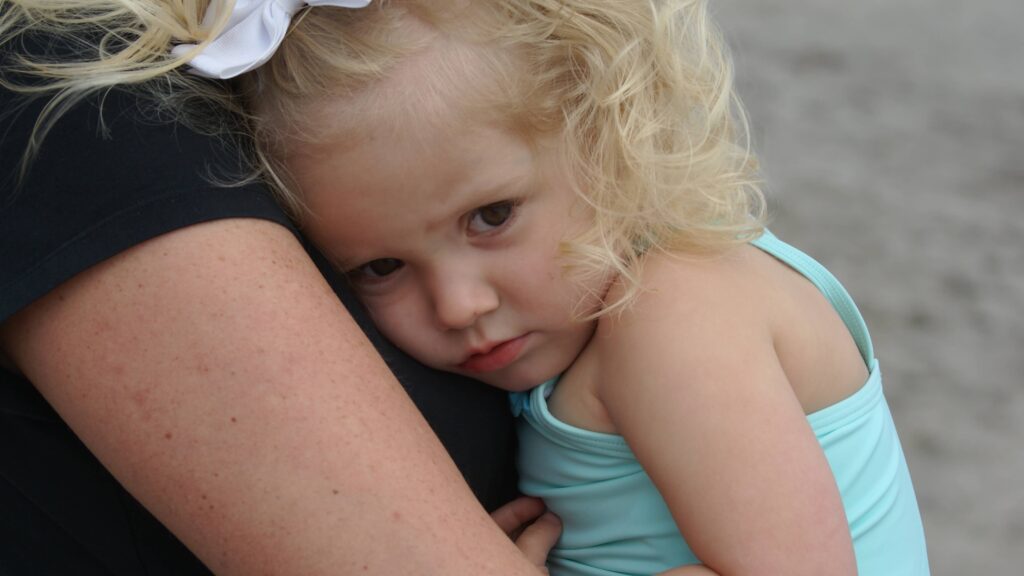
4. Praise Social Efforts, Not Just Outcomes
Instead of waiting for your child to fully engage in social situations before offering praise, celebrate the small steps. “I saw how you smiled at the little girl in the park—that was really nice!” Positive reinforcement builds confidence.
5. Help Your Child Express Their Feelings
Toddlers who struggle socially may feel anxious or unsure but don’t know how to verbalize it. Teach them simple phrases like “I feel shy” or “I need a break.” This gives them the tools to communicate their emotions rather than shutting down.
6. Expose Your Child to Different Social Settings
Take your toddler to the park, storytime at the library, or family gatherings. The more they are exposed to different environments, the more they’ll learn to adapt.
7. Read Books About Friendship and Socializing
Stories can be a powerful way to teach social skills. Books like How Do Dinosaurs Play with Their Friends? or Llama Llama Time to Share can help your toddler understand how friendships work.
8. Give Your Child Time to Warm Up
Some children need a little extra time before they feel comfortable engaging with others. If they hesitate at first, don’t rush them. Give them space, and they may naturally start participating once they feel ready.
9. Encourage Group Activities
Toddler-friendly classes, such as music, dance, or gymnastics, can be great ways to practice social interactions in a structured environment.
10. Seek Professional Help if Needed
If your toddler’s antisocial behavior seems extreme or isn’t improving despite your efforts, consider consulting a child psychologist. Sometimes, early intervention can make a significant difference.
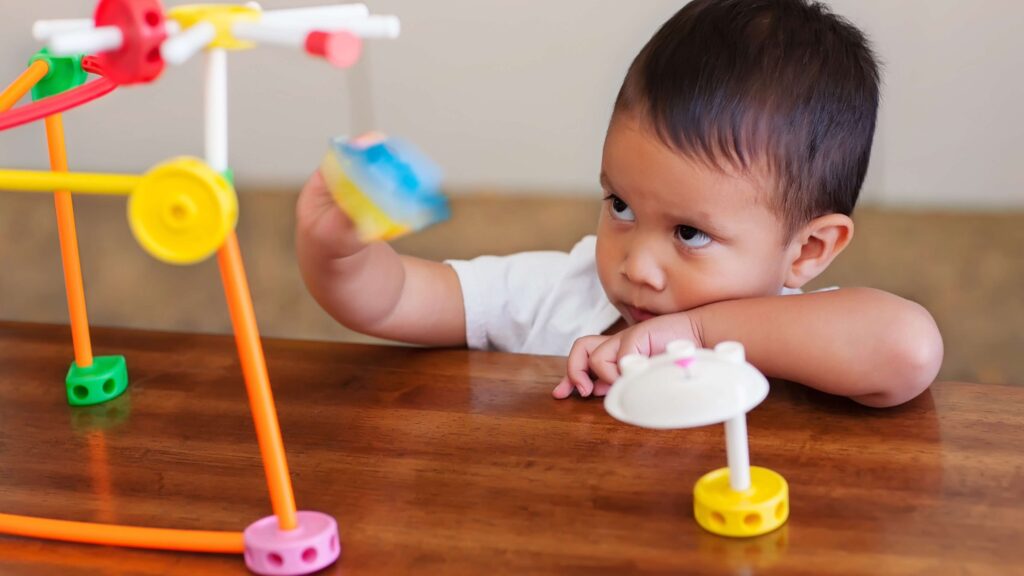
Everyday Situations and How to Handle Them
Here are 15 real-life situations where toddlers might struggle socially and how you can guide them through:
- Ignoring Greetings: If your child won’t say “hello,” don’t force them. Instead, model the behavior yourself and encourage a simple wave as a starting point.
- Refusing to Share: Turn-sharing into a game by using a timer to take turns with a toy.
- Throwing a Tantrum at a Birthday Party: Take them to a quiet space to calm down before reintroducing them to the group.
- Not Responding to Their Name in Public: Play a fun name-recognition game at home where they “win” by responding.
- Avoiding Other Kids at the Playground: Start by playing with them, then slowly step back and let them interact on their own.
- Clinging to Parents at Family Gatherings: Bring a favorite toy to provide comfort and gradually encourage them to interact with others.
- Hiding Behind You When Meeting New People: Acknowledge their shyness but encourage small steps, like making eye contact.
- Grabbing Toys from Others: Teach them to ask first and practice taking turns at home.
- Getting Overwhelmed in Crowded Places: Offer noise-canceling headphones or take breaks in a quiet area.
- Not Making Friends at Preschool: Arrange playdates with classmates outside of school to help build connections.
- Reacting Aggressively When Frustrated: Teach simple calming techniques, like deep breaths or counting to five.
- Not Wanting to Join Group Activities: Start with parallel play (playing next to others) before expecting direct interaction.
- Refusing to Talk to Adults: Encourage simple yes/no responses at first and build up to more conversation over time.
- Being Overly Possessive of Toys: Explain that sharing makes playtime more fun and model taking turns at home.
- Avoiding Eye Contact: Make it fun by playing “look at me” games, like peekaboo.
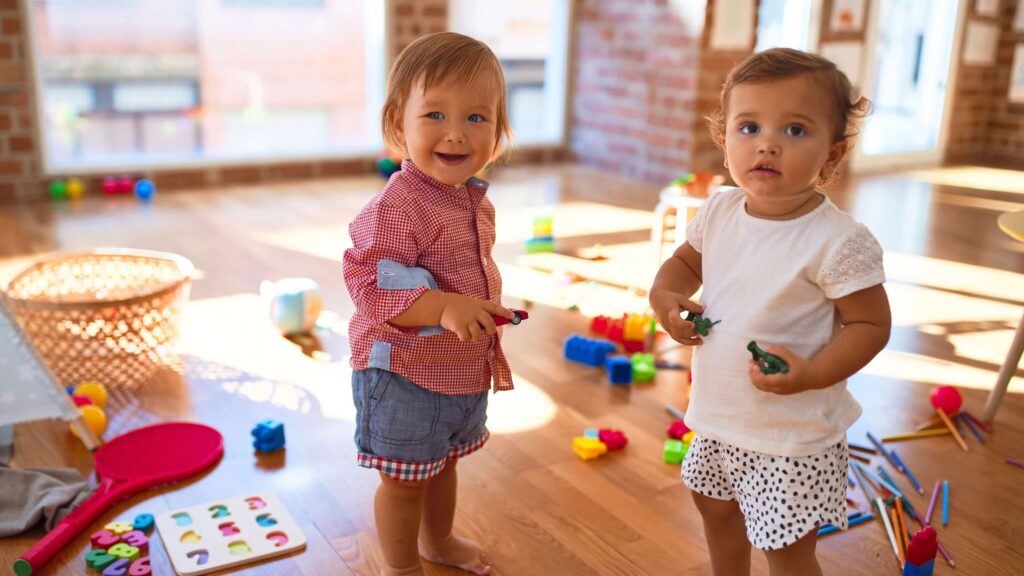
Final Thoughts
Every child develops social skills at their own pace. If your toddler seems hesitant to engage with others, don’t panic. With patience, encouragement, and practice, they’ll gain the confidence they need to navigate social situations. If you found these tips helpful, stay connected for more expert advice on parenting and child development.
Helping a toddler move from antisocial to social is a journey—but with the right support, they’ll get there. Keep providing opportunities, celebrating progress, and most importantly, showing them love and understanding.
Read more: Empathy: Teach Your Children Compassion and Confidence, Not Aggression and Dominance

